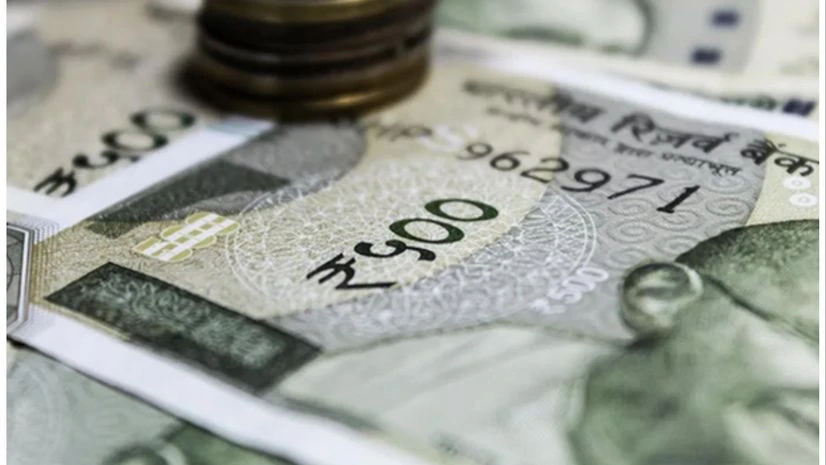The Indian government has set a fiscal deficit target of 4.9% of GDP for the current budget, down from 5.6% in the previous year. Between April and July, the fiscal deficit reached 2.77 trillion rupees, accounting for 17.2% of the annual estimate. During this period, net tax collections were 7.15 trillion rupees, representing 27.7% of the yearly target and an increase from 5.83 trillion rupees in the same timeframe last year. Overall government spending was 13 trillion rupees, slightly lower than the previous year, while capital expenditure on infrastructure saw a drop to 2.61 trillion rupees, compared to 3.2 trillion the previous year.
Indian Government Aims for Lower Fiscal Deficit in New Budget
The Indian government has set an ambitious fiscal deficit target of 4.9% of GDP for the upcoming financial year, a significant reduction from the 5.6% target in the previous year. This decision reflects the government’s commitment to improving fiscal discipline and addressing economic challenges.
In the first four months of this fiscal year, India’s fiscal deficit reached 2.77 trillion rupees, equivalent to $33.05 billion, accounting for 17.2% of the annual target. Government data reveals that net tax receipts for this period were 7.15 trillion rupees, marking a notable increase from 5.83 trillion rupees in the same timeframe last year.
Total government expenditure from April to July stood at 13 trillion rupees, about 27% of the annual goal, which is lower than the 13.81 trillion rupees during the same period last year. Notably, capital expenditure, focusing on infrastructure development, was recorded at 2.61 trillion rupees, or 23.5% of the year’s target, down from 3.2 trillion rupees the previous year.
As the government strives to balance growth and fiscal responsibility, experts will be watching closely to see how these numbers evolve in the coming months.
Keywords: India, fiscal deficit, GDP, government budget, economic growth, tax receipts, capital expenditure
What does a fiscal deficit of 17.2% mean for India?
A fiscal deficit of 17.2% means that the government is spending more money than it earns, which is quite high compared to its target.
Why is the fiscal deficit important for the economy?
The fiscal deficit is important because it shows how much money the government needs to borrow. A high deficit can lead to increased debt and can affect the overall economy.
What factors contribute to a high fiscal deficit?
A high fiscal deficit can be caused by increased government spending, low tax revenues, and other economic challenges like rising inflation or slowing growth.
What can the government do to reduce the fiscal deficit?
The government can cut spending, increase taxes, or focus on improving economic growth to earn more revenue and help lower the deficit.
How does a high fiscal deficit affect ordinary citizens?
A high fiscal deficit can lead to higher taxes in the future, lower government services, and can create uncertainty in the economy, making it harder for people to plan their finances.
)





